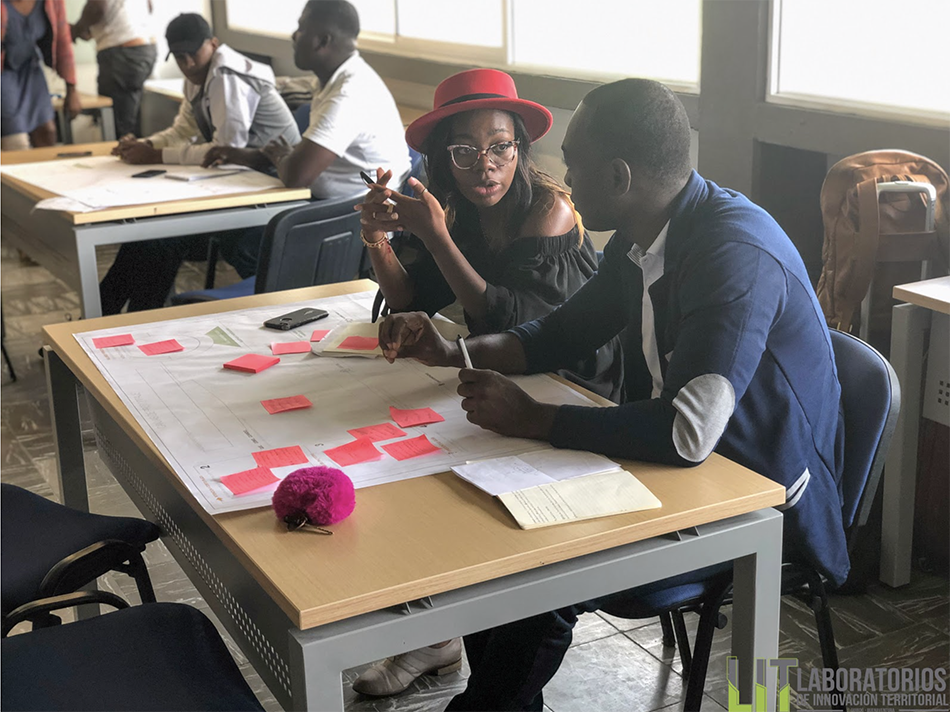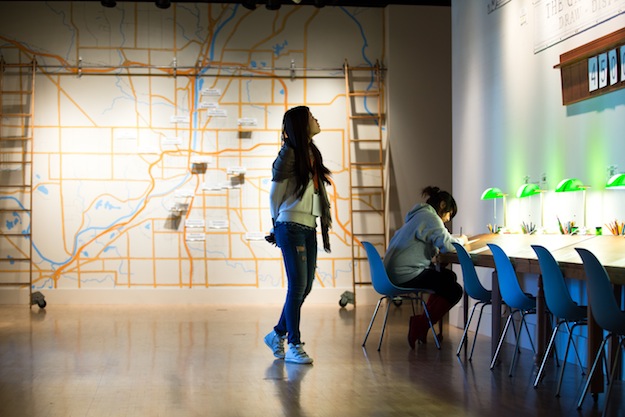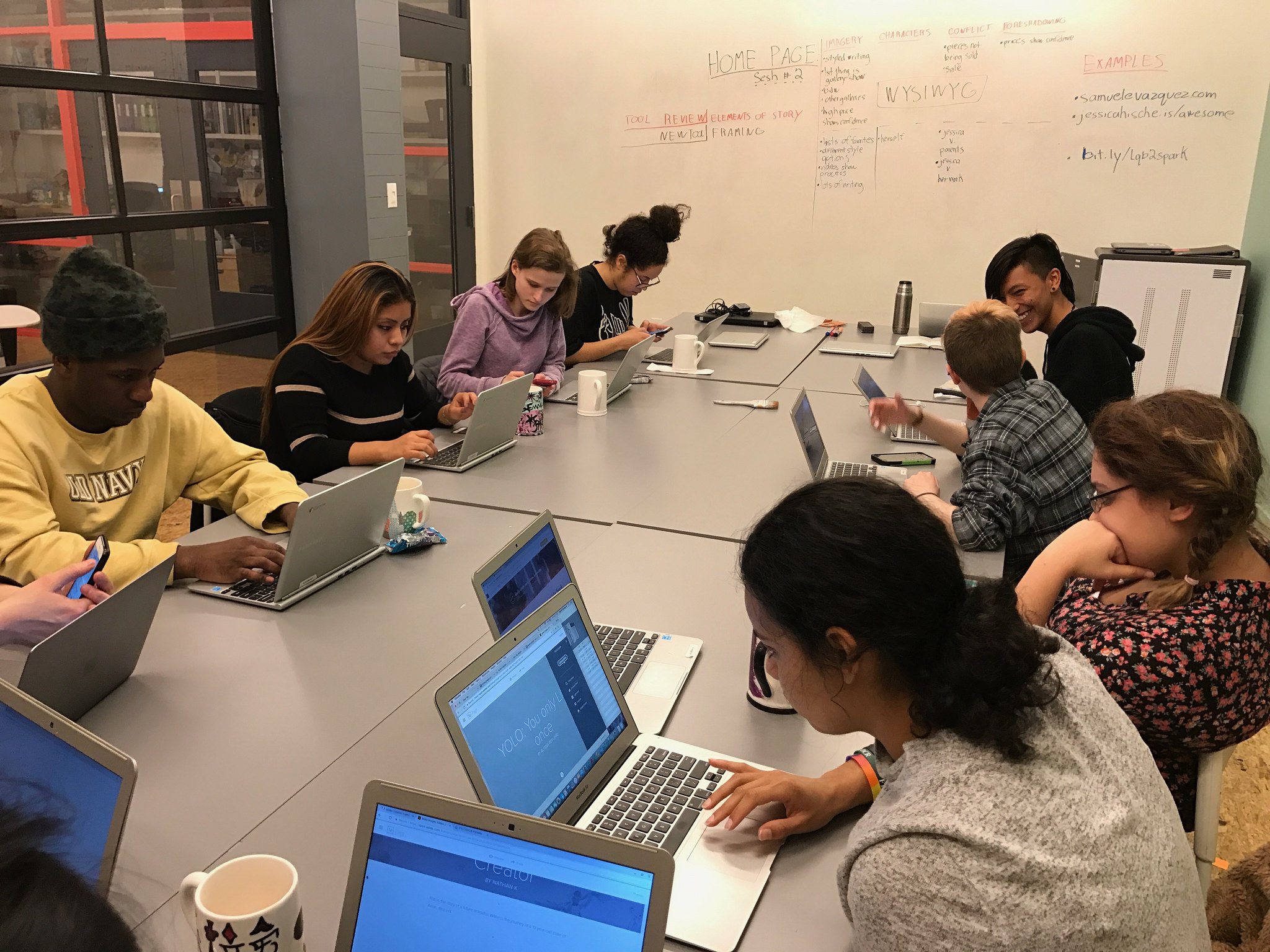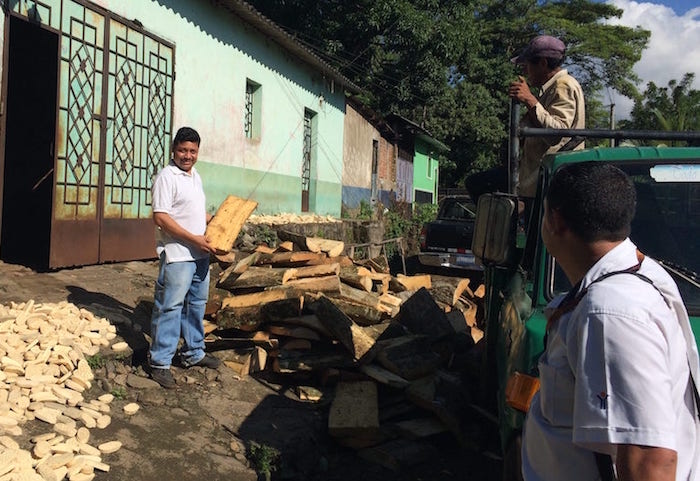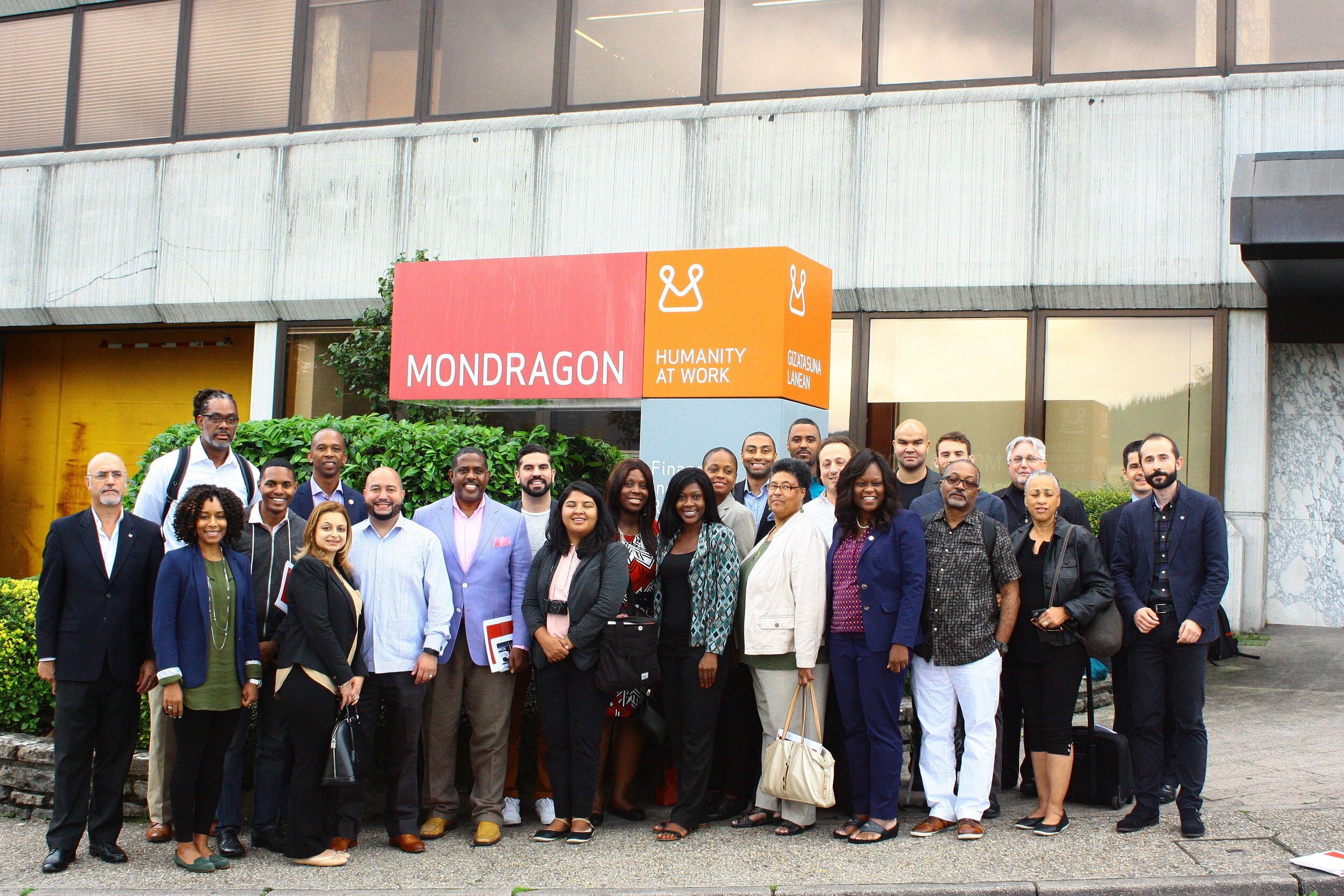Programs
Where We Work
CoLab works on a broad range of projects in the United States and across the Americas.
Our Program Areas
Projects
Affiliated Organizations
The Presencing Institute
The Presencing Institute (PI) is an awareness-based action-research community that creates social technologies, builds capacities, and generates holding spaces for profound societal renewal. This community tries to contribute to shifting the economy from ego to eco, and toward serving the well-being of all.
A ten-year research project we started in 1996, conducted by Otto and his colleagues, including Joseph Jaworski and Peter Senge, at MIT, resulted in a consciousness-based framework of leadership and change. That framework, referred to as Presencing or Theory U, says that the quality of the results that a system creates is a function of the awareness from which the people in that system operate. The findings have been published in the books Theory U(by Otto Scharmer) and Presence (co-authored by Peter Senge, Otto Scharmer, Joseph Jaworski, and Betty Sue Flowers).
The second phase focused on many applications that resulted in a global ecology of laboratories, projects, programs, and initiatives that link partners in business, government, and civil society. The delivery of these projects and programs occurred directly through PI or its partner institutions, including MIT, Synergos, the Sustainable Food Lab, United in Diversity (UID), the GIZ Global Leadership Academy, Tsinghua University, FGV and FDC (Brazil), SoL (the Society for Organizational Learning), and others. Throughout this period, the online community of PI grew to over ten thousand members.
The third phase starts now, with the publication of Leading From the Emerging Future (co-authored by Otto Scharmer and Katrin Kaufer), which introduces the 4.0 framework and the concept of the U.school as a global platform for helping a new generation of 4.0 eco-system entrepreneurs to act more creatively and intentionally and to be more connected.
Emerald Cities Collaborative
President Obama’s $787 billion federal stimulus package, helped to stimulate a new partnership among national leaders in urban sustainability, social justice, labor standards, housing development, community organizing, and workforce development. Their common goal:
Green America's cities in "high-road" ways that advance fair opportunity, shared wealth, and democracy within them.
The Emerald Cities Collaborative (ECC) was founded in November 2008 by SEIU Executive Vice President Gerry Hudson, MIT DUSP Professor J. Phillip Thompson, COWS director Joel Rogers, and national organization partners include:
ECC's first project is to comprehensively retrofit building stock in US cities beginning with public buildings. Recognizing that market-driven models of green retrofits will likely pass over low-income neighborhoods, weaken labor standards, and threaten quality of work, ECC proposes an alternative energy-efficiency model to be implemented city by city, maximizing gains from shared learning and mutual assistance. ECC plans on launching city-scale building retrofit and inclusive green job training programs in roughly a dozen cities over the next two years.
CoLab's Connection:
Supported by the Atlantic Philanthropies, Kendeda Fund, Ford Foundation, and Nathan Cummings Foundation, CoLab continues to be an active member of the Emerald Cities Collaborative, helping ECC develop programming and build capacity at the national and local levels. CoLab's ECC team, including its executive director, project managers, faculty affiliates, fellows, and student affiliates, works to: (1) deepening the community engagement process and (2) providing technical assistance in the areas of urban planning and building technology.
CoLab draws upon lessons about federal funding programs’ impact on neighborhoods from its own Leveraging the Stimulusto help Emerald Cities develop participatory planning processes.
CoLab is bringing together a team of professors, green development consultants, and student researchers to provide technical assistance to Emerald Cities' national partners and local affiliates.
CoLab has advised ECC on utility engagement strategies and also lent pre-development support to a new community college initiative.
Because many of the ECC partners have not previously worked together or may even have histories of conflict, the group spent much of the ECC launch period establishing trust and mutual expectations. This process has required active facilitation and frequent in-person communication. CoLab contributed to this effort by hosting ECC’s December 2010 retreat, which was co-facilitated by MIT Faculty Chair Tom Kochan, and by helping to anchor the community engagement committee of Emerald Cities.
For the past year, CoLab staffers and affiliates have supported ECC’s efforts to build inclusive partnerships among community groups, labor unions, city governments, and businesses on the ground in ten cities, including via leadership trainings, facilitating communication among partners, and helping to define shared visions and preliminary projects. Through dialogue anchored by site visits, ECC has begun to set clear expectations among local partners and begun to define how ECC and its national members can support local coalitions in their energy efficiency retrofit efforts. Along with PolicyLink, CoLab is helping to anchor a working group of national ECC members to ensure that the local partnerships maximize community participation and represent the diverse interests and stakeholders throughout the city. ECC is also working to establish a process and criteria for inclusion and identifying potential areas of improvement in the local partnerships themselves.
CoLab also holds a seat on the ECC national board. In that capacity, we continue to provide assistance with ECC’s community engagement and leadership development strategies. In addition, we are working closely with the ECC Executive Director to help develop ECC’s New York City program focused on public buildings—public housing (New York City Housing Authority) and schools (United Federation of Teachers). CoLab is helping to: 1) create tables for discussion among key stakeholders; 2) design approaches that advance the “sweet spot”, 3) support community engagement strategies.
Faculty Affiliate:
Phil Thompson
jt71@mit.edu
Contact:
Dayna Cunningham
dayna@mit.edu

